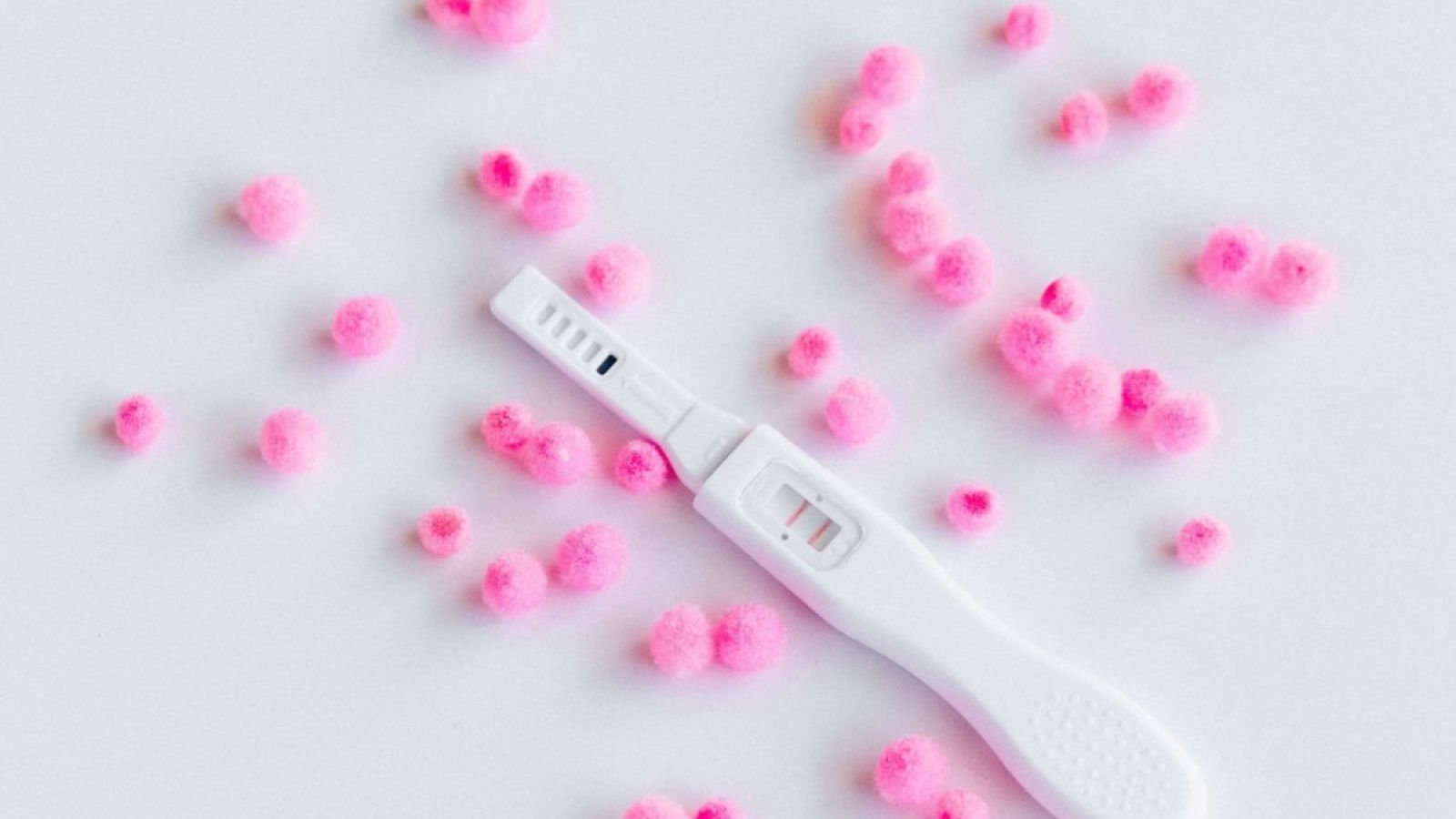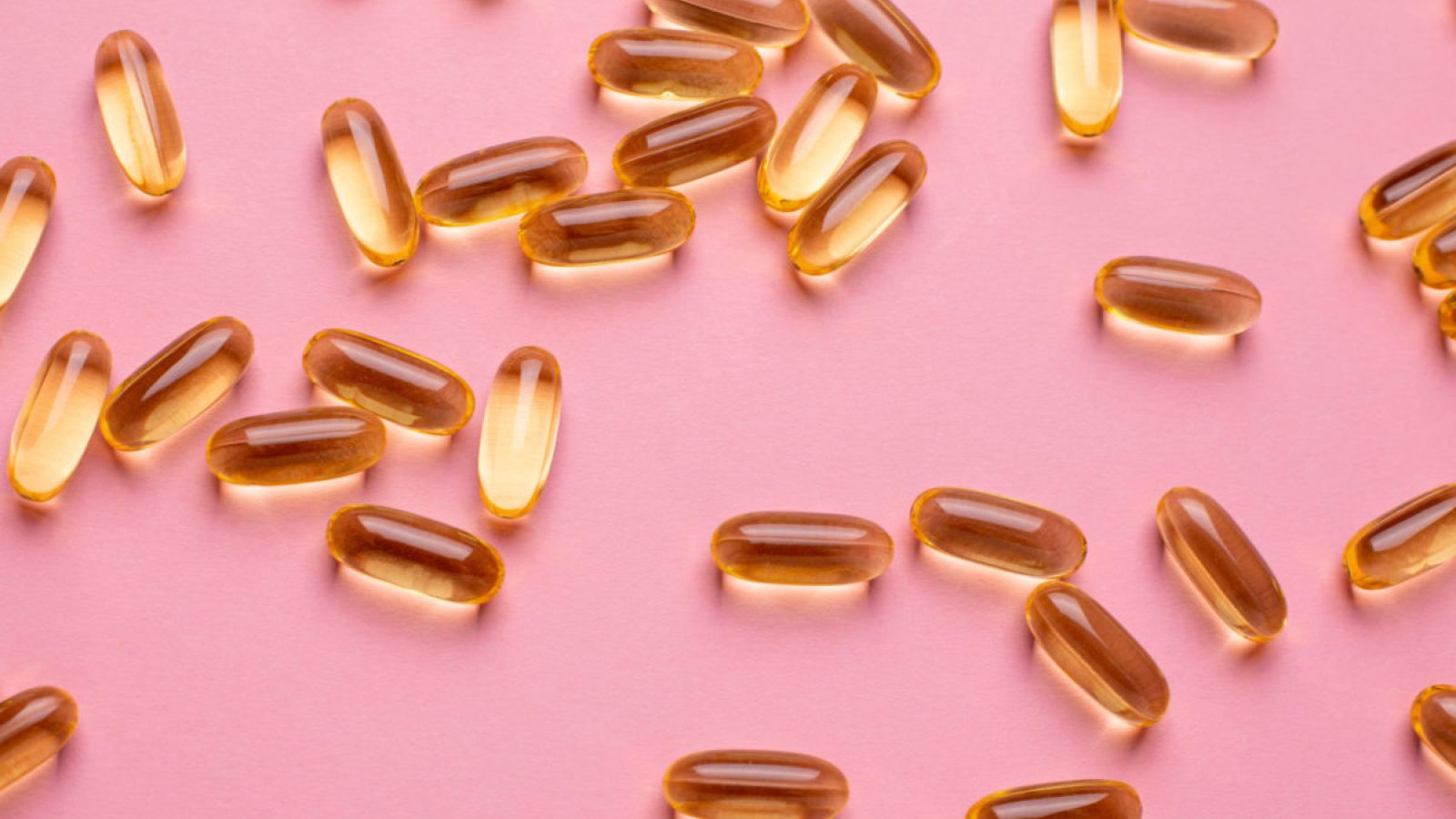
How to boost your fertility naturally
Are you trying to get pregnant? You might wonder whether there’s anything you can do to make it easier to conceive. Some things might be beyond your control or need medical help. But improving your diet and lifestyle choices can also help boost your fertility and support your chances of a healthy pregnancy.
Evidence-based fertility boosters for women
Evidence-based fertility boosters in a nutshell: Maintain a healthy weight, eat a prenatal diet rich in antioxidants, exercise regularly, manage stress, and avoid smoking, excessive alcohol, and drugs.
Fertility boosters: Natural ways to support conception
Boost your chances of conception with these simple and effective female fertility boosters:
- Strive for a healthy weight
- Eat a healthy prenatal diet that is rich in vitamins & minerals
- Consider taking a multi-vitamin prenatal supplement with folic acid
- Stop smoking and drinking alcohol
- Limit high amounts of caffeine (coffee, tea and some energy drinks)
- Ask your healthcare provider to test your iron levels!
How to boost your fertility with iron
Monitor your iron levels before pregnancy to avoid anemia, a condition where your blood lacks enough red blood cells to carry oxygen. Iron is essential for producing hemoglobin, so talk to your healthcare provider about checking your levels and whether supplementation is needed.
Anemia is common but treatable. The World Health Organization (WHO) estimates it affects one-third of women of reproductive age and 40% of pregnant women worldwide. Correcting anemia before conception can improve your health and support a healthy pregnancy.
If your healthcare provider advises you take iron supplements, your condition should improve – you will probably be advised to take them in addition to your prenatal vitamins.
How to boost your fertility with enough sleep
If you don’t have a regular sleep schedule yet, it’s time to adopt one. Researchers are trying to understand the relationship between sleep and fertility and studies suggest that women with fertility problems often don’t get enough sleep.
A lack of sleep can also boost your stress levels. Aim for seven to nine hours of sleep per night.
Want a complete, structured guide to support yours and your partner’s fertility — without hopping between articles?







